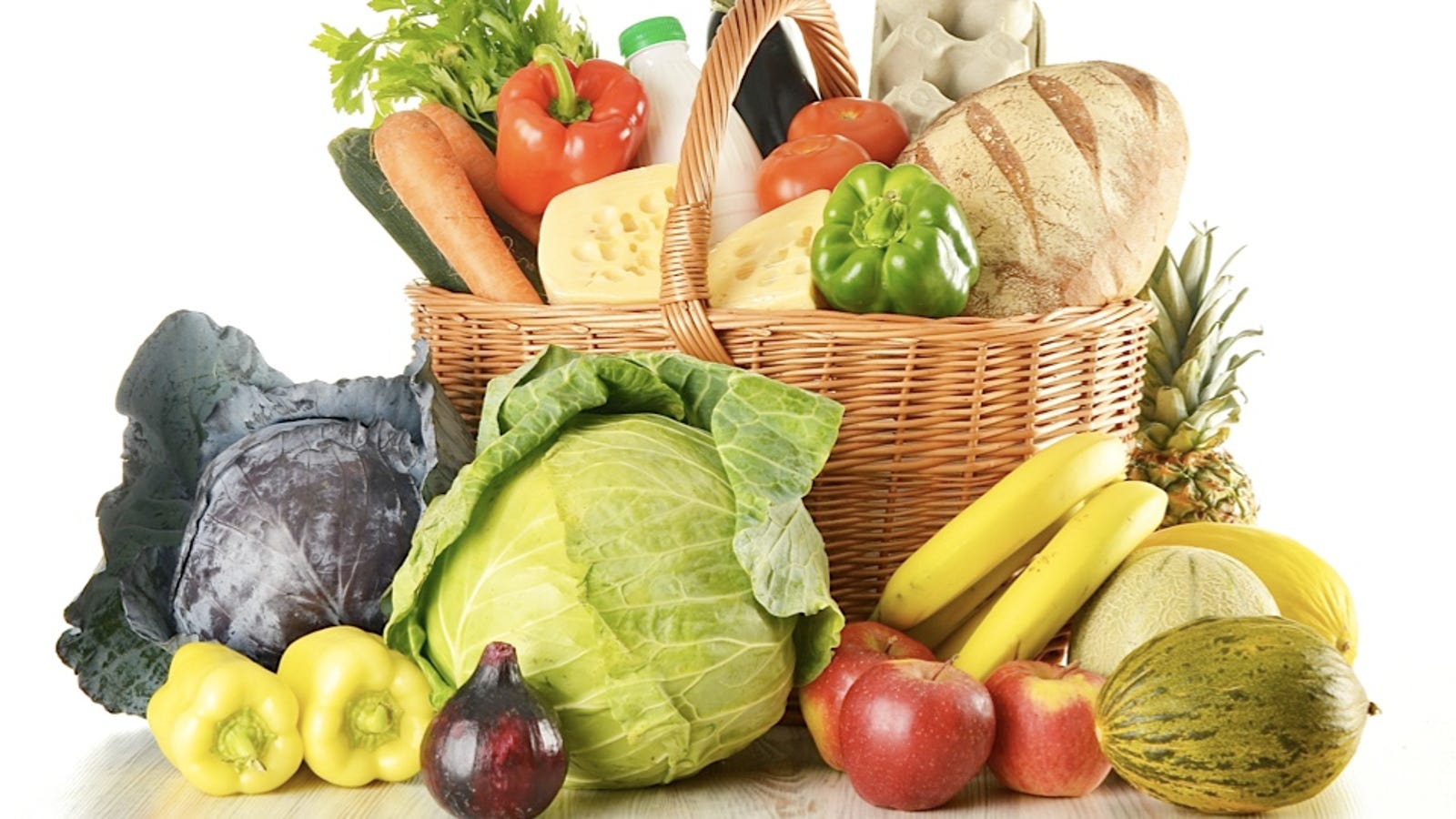Organic food has become increasingly popular in recent years, and for good reason. Unlike conventionally grown food, organic food is grown without the use of synthetic pesticides, fertilizers, or genetically modified organisms (GMOs). The result is a product that is better for both human health and the environment.
One of the main benefits of choosing organic food is the absence of harmful chemicals. Conventionally grown food is often treated with synthetic pesticides and fertilizers that can leave harmful residues on the food. These chemicals have been linked to a variety of health problems, including cancer, neurological disorders, and developmental delays in children. In contrast, organic food is grown using natural methods that do not rely on synthetic chemicals, making it a safer and healthier option.
Organic farming practices are also better for the environment. Chemical fertilizers and pesticides can pollute soil and water, harming wildlife and disrupting ecosystems. Organic farming methods, on the other hand, promote biodiversity and protect natural resources www.healthandpersonalcare-products.com. Organic farms typically use techniques like crop rotation, cover cropping, and natural pest control methods to promote soil health and protect the environment.
Another advantage of organic food is that it is often more nutrient-dense than conventionally grown food. Because organic farmers use natural fertilizers and other methods to promote soil health, their crops often contain more vitamins, minerals, and antioxidants. Additionally, organic farming practices can help to preserve the quality of the soil over time, ensuring that it remains nutrient-rich and able to support healthy plants.
Organic food also supports local communities and small-scale farmers. Many organic farmers are small-scale producers who rely on direct sales to consumers and local markets. By supporting these farmers, consumers can help to promote sustainable agriculture and strengthen local food systems. Additionally, organic farming can be a more profitable and sustainable option for small-scale farmers, who may face high input costs and limited access to markets.
Despite these many benefits, some consumers are still hesitant to choose organic food due to concerns about cost. While organic food can be more expensive than conventionally grown food, it is important to consider the long-term benefits. Choosing organic food may lead to lower healthcare costs in the future, as well as a healthier environment and stronger local communities. Additionally, many consumers find that they can save money on organic food by buying in bulk, shopping at farmers markets, or growing their own produce.
In conclusion, there are many benefits to choosing organic food findoutcbd.com. From protecting human health and the environment to supporting small-scale farmers and promoting sustainable agriculture, organic food offers numerous advantages over conventionally grown food. While it may require a bit of extra effort and investment, choosing organic food can pay off in the long run, both for consumers and for the planet.

No comments:
Post a Comment